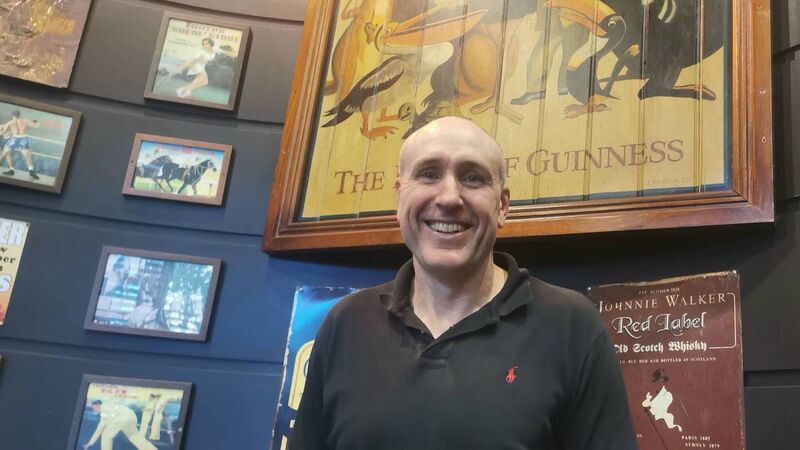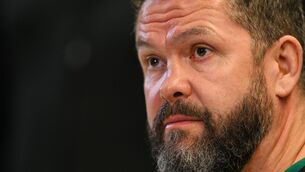John Langford: Munster’s first Wallaby lock on the great times he occasionally struggles to remember

Before John Langford left Limerick and returned to Australia, he was asked to make one final contribution to Irish rugby. Over three years, his impact had already been seismic. The province pushed towards professionalism; their mentality transformed. A figure crucial to the making of Munster.
In the final days of the 2001 season, IRFU chief executive Philip Browne reached out with a request.












